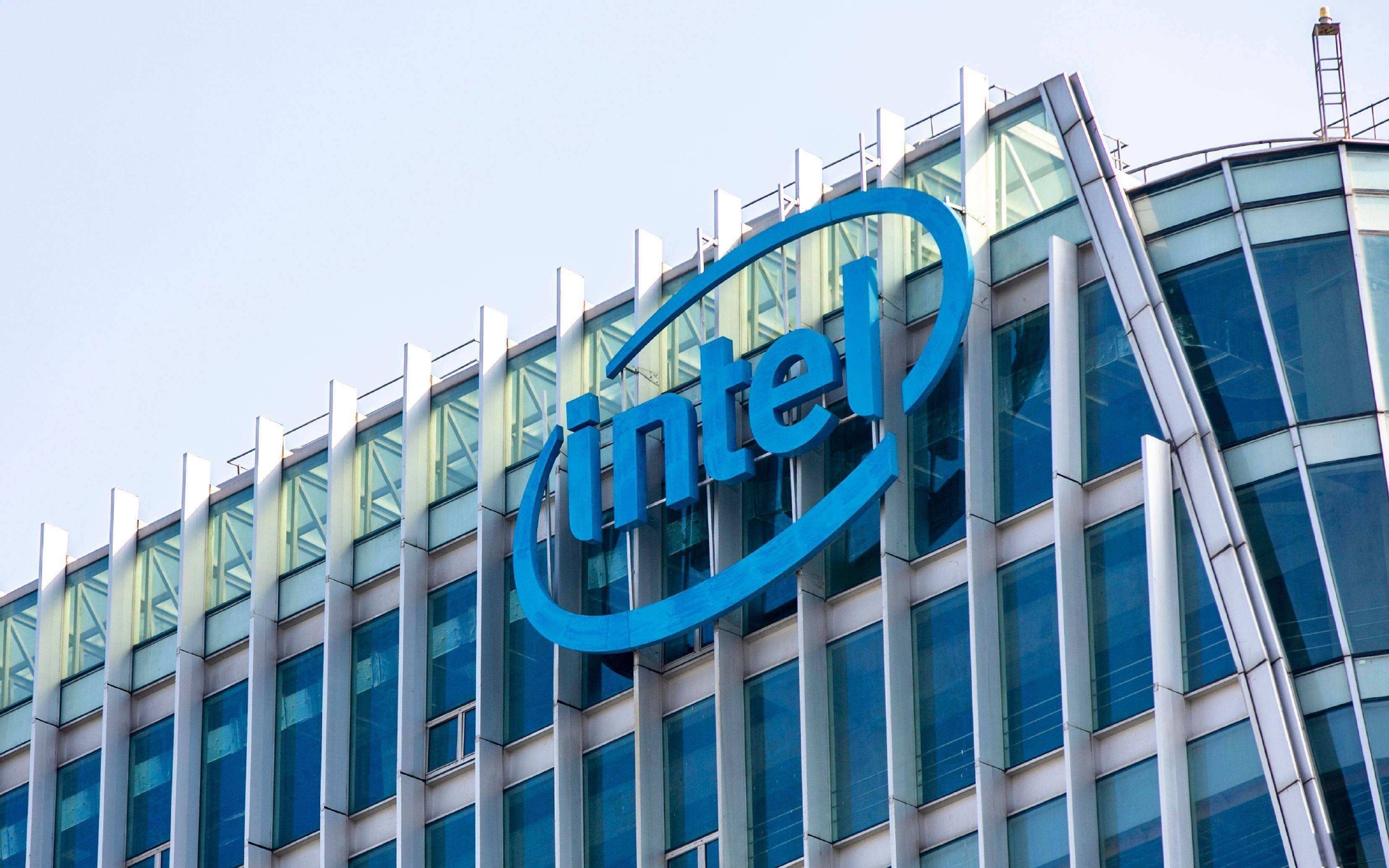
In today's ever-changing technology, the giant that once led the trend of the industry may also lose its shine overnight. Intel, once the most famous name in the field of computer chips, is now facing unprecedented challenges and difficulties. From the former hegemon to today's "lagging behind", Intel's experience is not only regrettable, but also brings us a profound revelation.
Intel's remarkable history needs no elaboration. Since its founding in 1968, Intel has grown at a phenomenal rate, and with its superior technology in the field of processors, it has managed to capture half of the global personal computer market. From the original 4004 microprocessor to the later Pentium series, Intel has continuously introduced epoch-making products that have led the development direction of the computer industry. In that era, Intel was almost synonymous with "high performance" and "innovation."
However, the good times did not last. With the rise of the mobile Internet and the booming development of the smartphone market, Intel appears to be unable to cope. Although it has also tried to enter the mobile chip market, it has never been able to make significant progress. Whether it is in competition with rivals such as Apple and Qualcomm, or in the layout of its own product line, Intel is too conservative and slow. As a result, its market share in mobile chips is negligible.
So why did Intel fall behind? The reasons behind this are complex and varied. On the one hand, Intel started late in the field of mobile chips and missed the best development opportunity. While competitors such as Apple and Qualcomm were already well established in the market, Intel was late to the game. This makes it face great pressure and challenge in technology research and development, marketing and other aspects.
On the other hand, Intel's corporate culture has also limited its development. As a traditional semiconductor company, Intel has always focused on technology research and development and product quality, but there is a lack of market acumen and flexibility. In the era of mobile Internet, market demand changes rapidly, and consumers have high requirements for product iteration speed. However, Intel often ignores market changes because it pays too much attention to technology research and development and product quality, leading to its passive position in the competition.
In addition, Intel's management had some decision-making problems. In the face of the wave of mobile Internet, Intel's management did not make an effective response strategy in time. They are too obsessed with the glorious achievements of the past and lack adequate understanding and preparation for the challenges and opportunities of emerging markets. This makes Intel look helpless in the face of market changes and unable to adjust its strategic direction quickly.
What do we learn from Intel's "falling behind"?
First, we must recognize that the tech industry is extremely competitive. In this field, there is no permanent overlord, only the enterprising brave. For a company to gain a foothold in the technology industry, it must always be vigilant and sharp, constantly paying attention to changes in the market and the needs of consumers. Only in this way can we be invincible in the fierce market competition.
Secondly, corporate culture is crucial to the development of an enterprise. A good corporate culture should focus on technology development and product quality, but also have market acumen and flexibility. Only in this way can we remain competitive in the ever-changing market environment. Intel's lesson tells us that it is not advisable to pay too much attention to technology development and product quality while ignoring changes in the market. We must learn to find a balance between technology research and development and market demand in order to ensure the sustainable development of enterprises.
Moreover, management must be sober and decisive in its decisions. In the face of market changes and challenges, the management must make timely and effective countermeasures to ensure that the enterprise can maintain a leading position in the fierce market competition. Intel's management appears hesitant and indecisive when facing the wave of mobile Internet, which leads to Intel's passive position in the competition. Therefore, we must learn to stay sober and decisive at critical moments to ensure the long-term development of the enterprise.
Finally, we should also see that Intel's "fall behind" is not an overnight success. It is the result of many factors. Therefore, when we analyze the problem, we should comprehensively and deeply analyze the nature and root cause of the problem, rather than simply blaming a certain factor or a certain person. Only in this way can we learn from them and avoid repeating them.
Overall, Intel's "left behind" has brought us a profound revelation. In this ever-changing era of technology, we must always be vigilant and sensitive, constantly paying attention to the changes in the market and the needs of consumers. At the same time, we should also pay attention to the construction of corporate culture and improve the decision-making ability of management.

On October 28th local time, it was reported that the brain-computer interface startup company Merge Labs, founded by OpenAI CEO Sam Altman, is in the process of preparation and has invited Mikhail Shapiro, a biomolecular engineer from the California Institute of Technology, to join its founding team.
On October 28th local time, it was reported that the brain-…
Recently, Japan confirmed the first highly pathogenic avian…
This week, gold prices plunged again, influenced by the eas…
The latest forecast from the International Monetary Fund (I…
Recently, foreign media reported that Amazon plans to cut u…
When the International Monetary Fund (IMF) predicted that t…